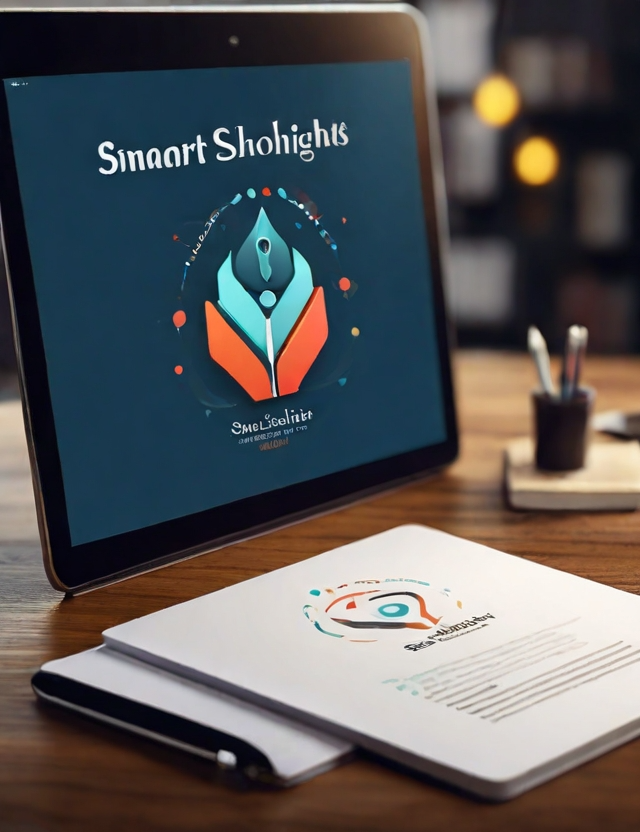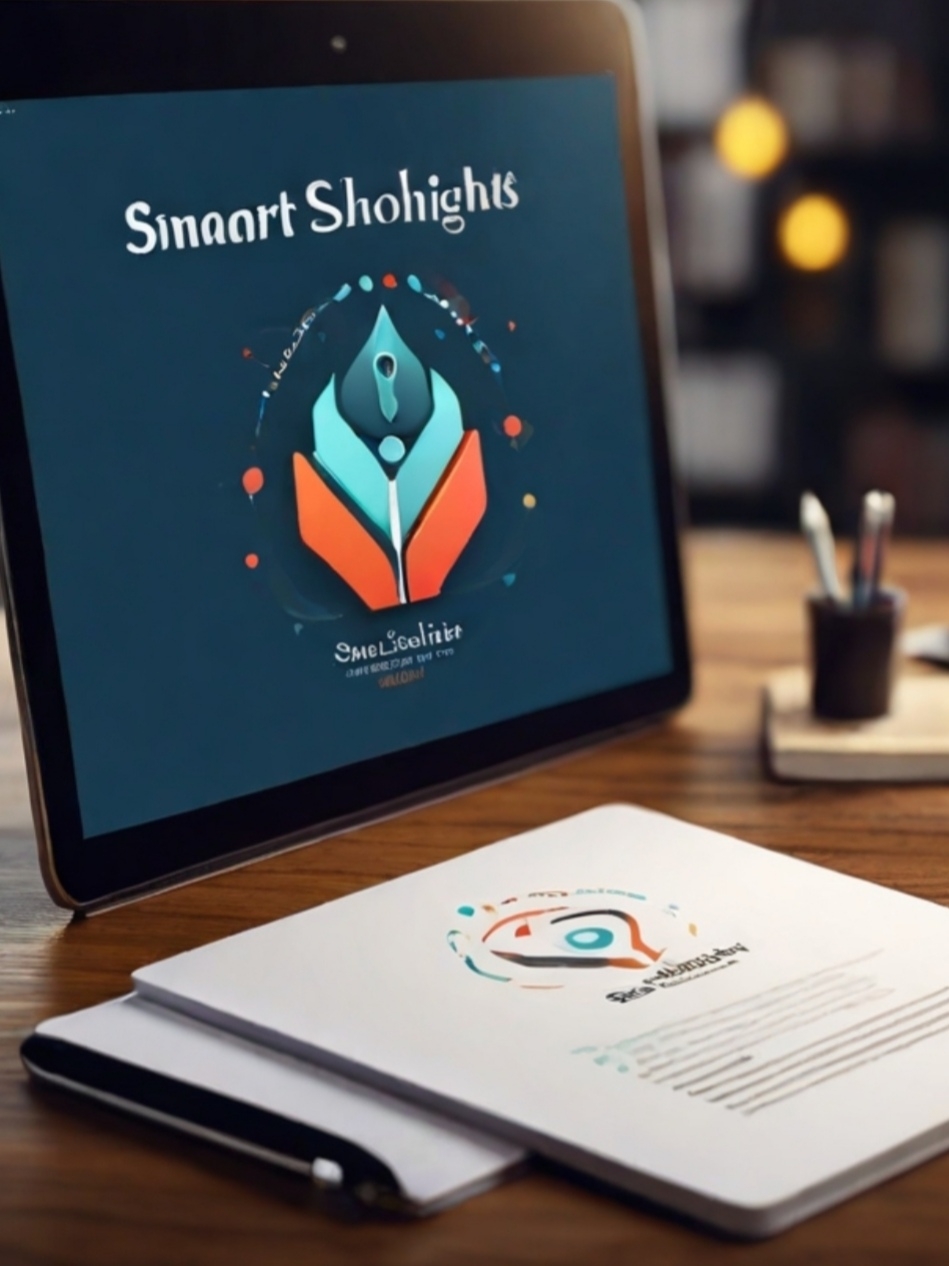The Roadmap to Academic Success: Implementing Effective Study Techniques
In the journey towards academic achievement, students encounter a myriad of challenges that necessitate strategic approaches to studying. Effective study techniques serve as invaluable tools in navigating these challenges and realizing one's academic potential. In this essay, we will delve into the significance of effective study techniques and explore a variety of strategies that can empower students to excel in their academic pursuits.
At the core of effective studying lies the principle of active engagement with the material. Active learning requires students to interact with the content in meaningful ways, such as summarizing, questioning, and applying knowledge. By immersing themselves in the learning process, students deepen their understanding and cultivate critical thinking skills essential for academic success.
A fundamental study technique that enhances learning outcomes is spaced repetition. This method involves spacing out study sessions over increasing intervals of time to reinforce memory retention. By strategically reviewing material at spaced intervals, students solidify their understanding of key concepts and mitigate the risk of forgetting. Spaced repetition is particularly effective for long-term retention, making it an invaluable tool for mastering complex subjects and preparing for assessments.
Additionally, retrieval practice is a powerful strategy for strengthening learning outcomes. Retrieval practice involves actively recalling information from memory through methods such as self-quizzing, flashcards, or practice tests. By engaging in retrieval practice, students reinforce memory retrieval pathways, making it easier to recall information when needed. Furthermore, retrieval practice enhances metacognitive awareness, enabling students to monitor their learning progress and identify areas requiring further review.
Effective note-taking is another essential study technique that facilitates comprehension and retention of information. Whether through handwritten notes or digital platforms, organized note-taking encourages active engagement with the material and serves as a valuable reference during revision. Techniques such as the Cornell method or concept mapping promote deeper understanding and retention of key concepts.
Moreover, creating an optimal study environment is crucial for maximizing learning outcomes. Minimizing distractions, establishing a dedicated study space, and adhering to a structured study schedule foster concentration and productivity. Incorporating breaks, maintaining physical well-being, and practicing stress management techniques are equally important for sustaining focus and cognitive function during study sessions.
In conclusion, effective study techniques are indispensable for academic success. By embracing active learning, incorporating spaced repetition and retrieval practice, taking organized notes, and cultivating a conducive study environment, students can enhance their comprehension, retention, and application of knowledge. Furthermore, fostering a growth mindset and persevering through challenges are essential for realizing one's full academic potential. Through consistent practice and the deliberate application of effective study techniques, students can embark on a journey of intellectual growth and achievement.


Comments
Post a Comment